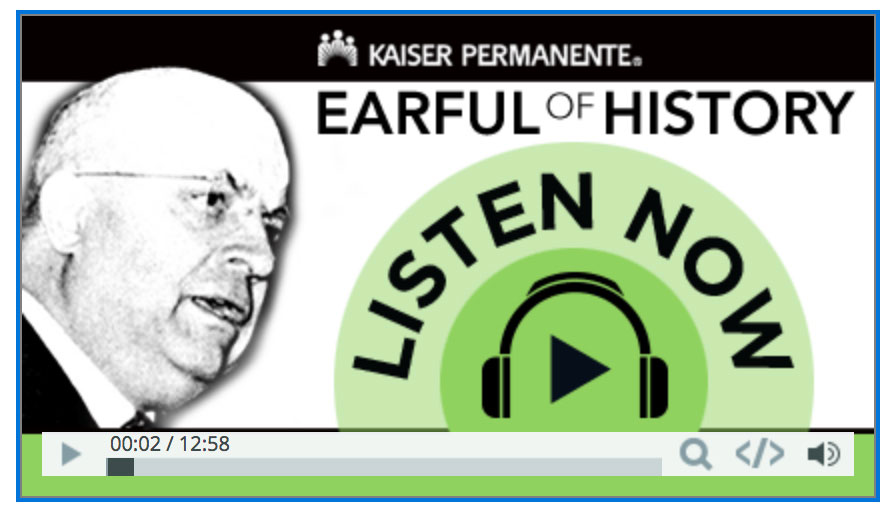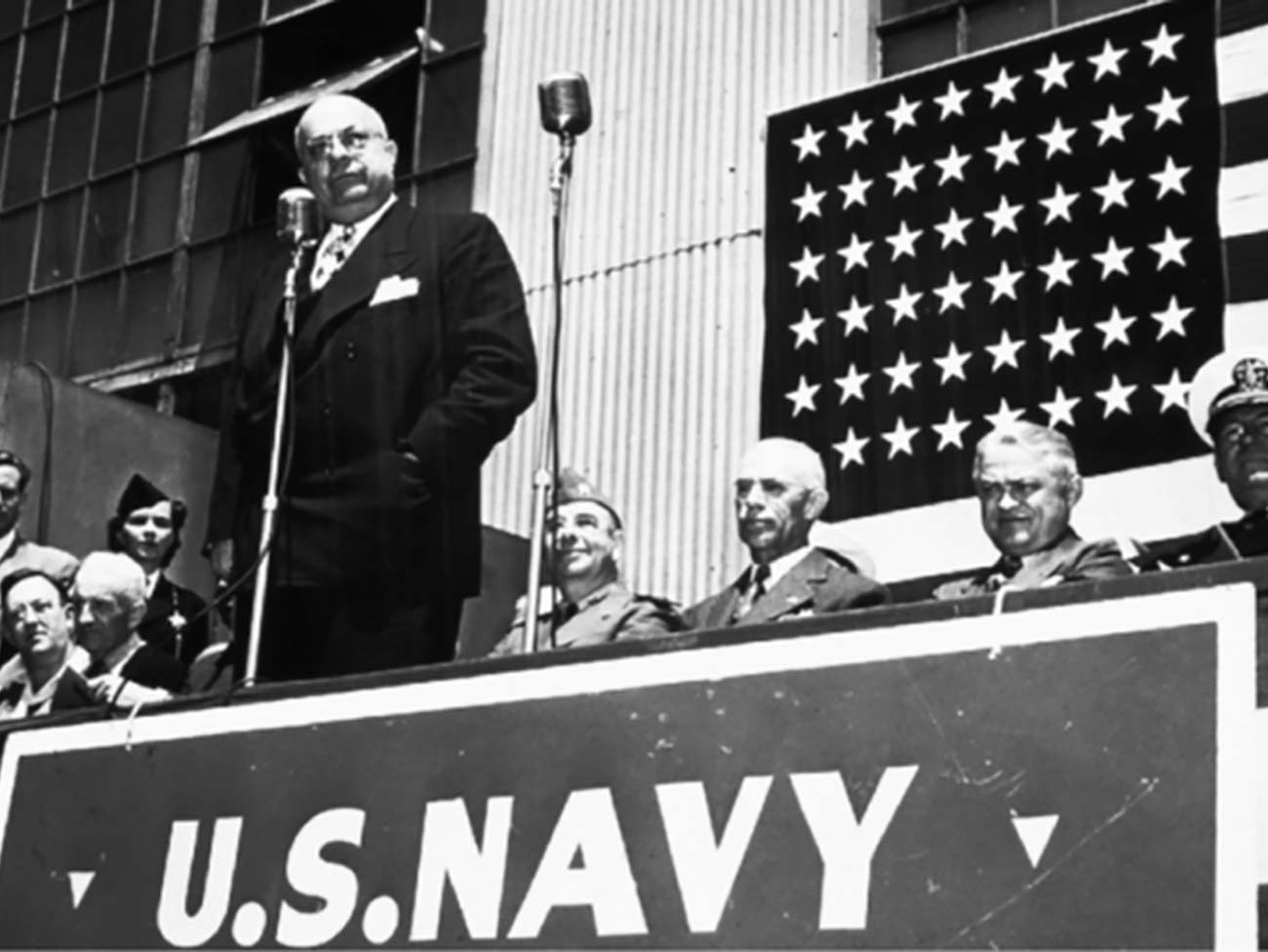Congress must act to address drug shortages
Kaiser Permanente is working to address drug shortages and support policies that maintain access, improve patient care, and promote affordability.
Drug shortages in America have reached a record high, impacting millions of patients. Shortages can have life-threatening consequences. As medicines like chemotherapy agents run short, doctors must make difficult choices. Hospitals are spending millions to address the problem.
It’s important for policymakers to act to make our nation’s drug supply more dependable in the long term. And they must tackle the problem of the current shortages.
At Kaiser Permanente, we take a particular interest in this problem as we prescribe drugs, fulfill prescriptions in our pharmacies, and provide prescription drug coverage. We have worked hard to find solutions for our patients, and we support policies that maintain access to critical drugs and improve care and affordability.
How we got here
Like many industries, drug manufacturing often uses a “just-in-time” manufacturing process. This helps avoid surplus supply and improves efficiency. However, it results in less flexibility, especially when there is greater demand or a problem with production.
Key materials needed for drug production often come from a small number of sources. If ingredients come from a specific region or a handful of suppliers, one problem can threaten manufacturing and disrupt supply. For example, damage from a tornado that struck a Pfizer plant threatened the production of virtually the entire national supply of sterile injectables.
Unfortunately, organizations that buy drugs in bulk for patients often have little visibility into the full drug supply chain. They can’t see what happens at each stage of the manufacturing process. If there’s a problem, they won’t know and can’t prepare for a coming shortage.
Changes in the generic drug industry pose challenges too. Generic drugs, which are less expensive alternatives to brand-name drugs with no difference in quality, safety, and efficacy, make up the bulk of medications dispensed in the U.S. The generic drug industry operates on thin profit margins. This deters many generic manufacturers from investing in expensive, advanced manufacturing processes. In the past 25 years, many generic drug production lines in the U.S. have closed, making it harder for Kaiser Permanente and other customers to have a stable supply of the generic drugs we need to lower costs and ensure access.
Finally, consumer demand for specific drugs like ADHD medication has increased. Often, manufacturers don’t anticipate this and can’t ramp up production.
Kaiser Permanente’s approach
To help ensure high-quality care at Kaiser Permanente, we take proactive steps to address drug shortages. We routinely buy a “buffer” or safety stock of critical medications. We do our best to analyze data from our suppliers to anticipate supply challenges and conserve existing supplies when necessary. We also support newer nonprofit manufacturing organizations, like Civica Rx, that make quality generic drugs in the U.S. and have a mission to keep them affordable. Our efforts alone aren’t enough — we need policy leaders to act too.
Policy strategies needed
- Congress should focus on ensuring adequate drug production in the United States. Drug manufacturing, especially generic drug manufacturing, has increasingly moved overseas. Diversification of supply is fine, but inadequate domestic capacity leaves the health care system more vulnerable to shortages when there is a problem abroad. Policymakers should direct investments and subsidies toward new domestic generic drug manufacturing.
- Policymakers should require manufacturers to share relevant data about their supply chain and production process to help identify areas of high risk for potential drug shortages. Health care systems could then anticipate and prepare for looming problems. Manufacturers should also provide public updates on resupply timelines when production becomes impaired.
- Policymakers should support the development of high-quality, consistent manufacturing and supply chain metrics that measure reliability. Health care systems could then look to other sources to supplement a particular medication if their current supplier’s data demonstrates a problem.
- The U.S. Food and Drug Administration’s authority should be expanded to help prevent or address shortages. The FDA has central authority over drug manufacturers and manages the national response to drug shortages. Policymakers should allow the FDA to extend the shelf life of certain medications when it’s safe to do so. They should encourage the FDA to address manufacturing issues when identified while keeping production running if safe, with quality testing in place. The FDA should also bring manufacturers, distributors, purchasers, and providers together to share critical information and coordinate a response.
- Finally, policymakers should expand the government’s ability to stockpile critical medications.
Congressional proposals addressing these issues are a promising first step. This must remain high on lawmakers’ long list of priorities, and they must act with urgency. No patient should have to worry about the supply of their life-saving drugs. Everyone deserves access to reliable, safe, high-quality medication they can afford.




























































